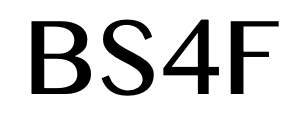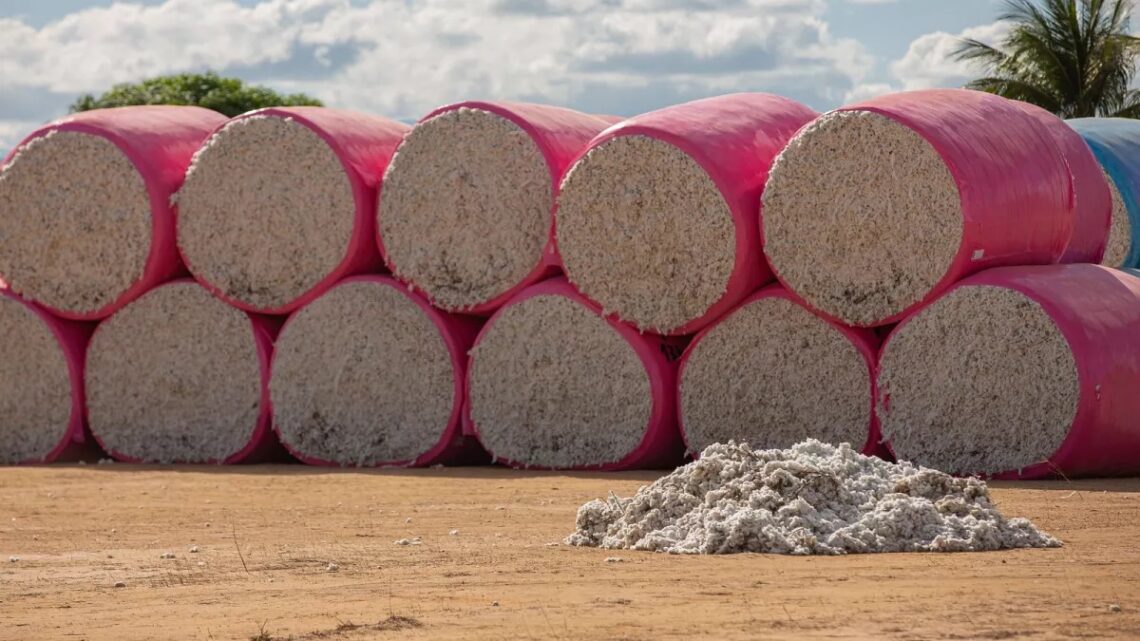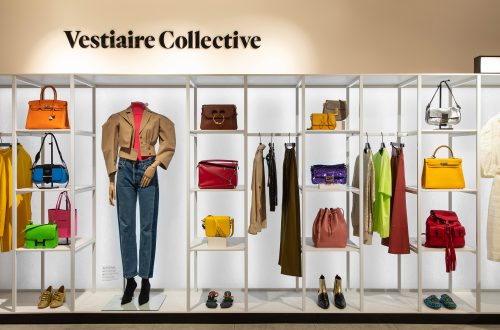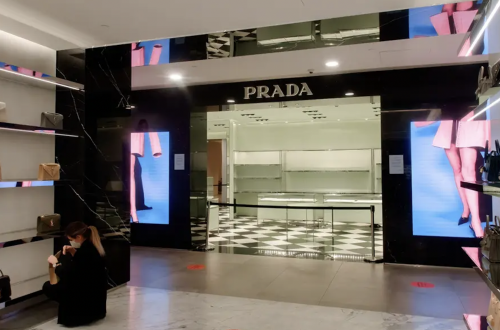The largest lesson directed towards other brands and businesses is a new wave of pressure aimed towards businesses increasing the supervision of where their supply chain comes from. The issue at hand is that Zara and H&M believed they had done this through Better Cotton- the world’s largest sustainable cotton certifier. A 2-year Investigation, led by British NGO Earthsight, and titled “Fashion Crimes”, revealed that over 800,000 tons of cotton, used by the two fast-fashion brands in their merchandise, could be traced back to land in Brazil known for disregarding environmental regulations along with human rights violations. The specific area is called the Cerrado Region, and due to its less famous name in comparison to its neighbor the amazon, it has been much easier for prominent families in Brazil to exploit this land. Satellite images, shipping records, public archives, along with physical visits have concluded that over 100,000 hectares of the previously untouched nature of this region has been cleared, with deforestation having doubled in the past five years according to Brazil’s National institute for Space Research.
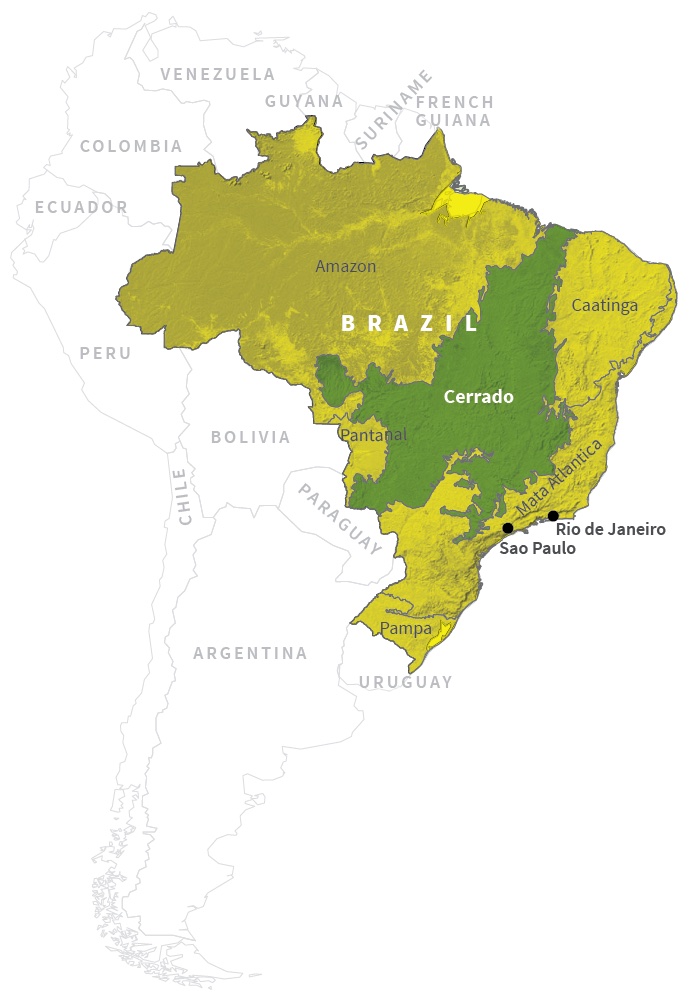
Courtesy of Reuters Investigates
All the cotton used by Zara and H&M linked to this area was certified as sustainable by Better Cotton, while these illegal agricultural farms use up nearly two billion liters of water a day, destroying the natural environment. This area is home to 5% of the world’s species, and using this area for agricultural means expels as much carbon emissions as 50 million cars, the Brazilian government estimates. Earthsight discovered, through shipping records, that the 800,000 tons of cotton was exported by the agribusiness firms Horita Group and SLC Agricola to eight Asian clothing manufactures and used it to supply Zara and H&M’s owner Inditex.
The mistreatment and abuse of the land has deeply impacted the Cerrado Region, with the community suffering from violence, land theft, and exploitation from powerful landowners. Following Earthsight’s revelation, Better Cotton has proposed a new independent audit, and will publish its conclusions. Inditex seconds Better Cotton’s initiative to audit its systems and supports the release of the findings. Both Zara and H&M have expressed their concerns for these findings and “that it takes the issue very seriously”, but how concerned are they if the extent of their response is a public statement saying that it will “try to do better”? Supporting Better Cotton’s statement does not remediate the brand’s lack of supervision on where their products materials are sourced from.
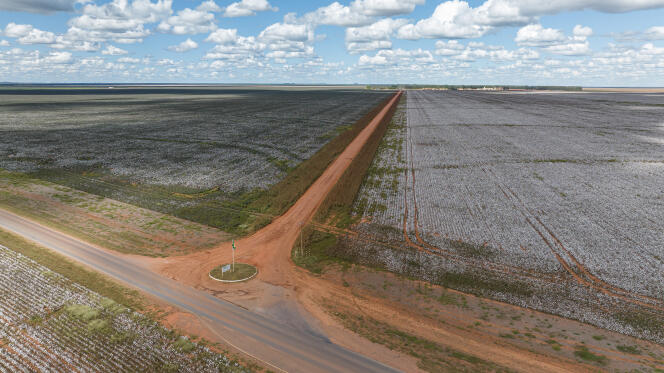
With millions of the retailers’ merchandise such as bed sheets, clothing, and socks being made of cotton from this region, it is difficult to believe that the fast-fashion houses truly were unaware of what was going on back in Brazil. Considering that their business systems encompass a need for the fast manufacturing of products, along with the extensive catalogue they have, there is a clear incentive for the retailers to find cheap and fast-producing alternatives to the sustainable farms they claim to hold. This investigation inspires more companies to do their research and second-guess where their products are coming from, along with provoking people to think twice about the story behind an inexpensive piece that catches their eye.
By Anika Villasenor Gonzalez
Sources:
https://www.firstpost.com/explainers/hm-zara-deforestation-brazil-13758890.html
